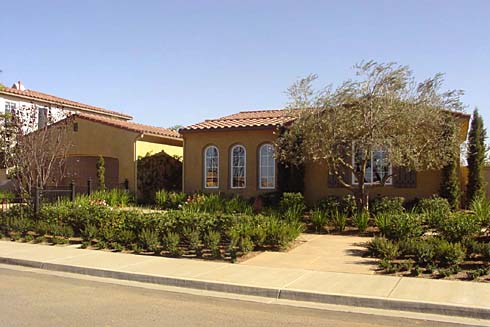REPAIRS
Understanding Repairs in Real Estate: Navigating Operational and Financial Considerations
In the realm of real estate management, the concept of repairs holds significant implications for property maintenance, financial accounting, and tax considerations. Distinguished from capital improvements, repairs encompass the restoration of a property to its former condition without extending its useful life. This distinction carries substantial weight in the realm of income property, where repairs are classified as operating expenses for accounting and tax purposes.
Operational Significance
Repairs play a pivotal role in preserving the functionality, safety, and aesthetic appeal of real estate assets. Whether addressing minor wear and tear or rectifying unforeseen damages, timely and effective repairs are essential for upholding the desirability and habitability of properties. From plumbing and electrical repairs to cosmetic touch-ups and structural fixes, these activities contribute to the ongoing upkeep and operational efficiency of income properties.
Financial Implications
From a financial standpoint, the treatment of repairs as operating expenses carries implications for property owners, managers, and investors. Unlike capital improvements, which entail enhancements that extend the property's useful life and are typically capitalized, repairs are expensed in the period they occur. This distinction influences the calculation of net operating income (NOI), an essential metric for property valuation and investment analysis. Additionally, the categorization of repairs as operating expenses holds significance in tax planning and compliance, impacting the determination of taxable income and the utilization of deductions.
Navigating the Distinction
Clear delineation between repairs and capital improvements is crucial for real estate professionals to accurately capture the financial performance and condition of income properties. This necessitates diligent documentation, adherence to accounting standards, and a discerning approach to distinguishing between routine maintenance and improvements that materially enhance a property's value or extend its useful life.
Conclusion
In conclusion, repairs stand as integral components of real estate management, exerting tangible impacts on property functionality, financial reporting, and tax liabilities. By comprehending the operational and financial implications of repairs, stakeholders in the real estate domain can navigate the nuances of property maintenance, accounting practices, and tax planning with precision and foresight, ultimately fostering the sustained performance and resilience of income properties in dynamic real estate markets.
In conclusion, repairs stand as integral components of real estate management, exerting tangible impacts on property functionality, financial reporting, and tax liabilities. By comprehending the operational and financial implications of repairs, stakeholders in the real estate domain can navigate the nuances of property maintenance, accounting practices, and tax planning with precision and foresight, ultimately fostering the sustained performance and resilience of income properties in dynamic real estate markets.
MORE REAL ESTATE TERMS
A, B, C, D, E, F, G, H, I, J, K, L, M, N, O, P, Q, R, S, T, U, V, W, X, Y, Z
Featured New Home

Featured Mortgage Brokers
- INDEPENDENT BANK, MT PLEASANT, MI
319 E BROADWAY ST
MT PLEASANT, MI 48858 - FLAGSTAR BANK FSB, VIENNA, WV
510 GRAND CENTRAL AVE
VIENNA, WV 26105 - PRYSMA LENDING GROUP LLC, DANBURY, CT
10 PRECISION RD STE 2B
DANBURY, CT 6810 - RESIDENTIAL HOME FUNDING CORPORATION, BLUE BELL, PA
1787 SENTRY PKWY W BLDG 18-130
BLUE BELL, PA 19422 - AMERICAN NATIONWIDE MORTGAGE COMPANY INC, LITTLE RIVER, SC
2220 HIGHWAY 17
LITTLE RIVER, SC 29566